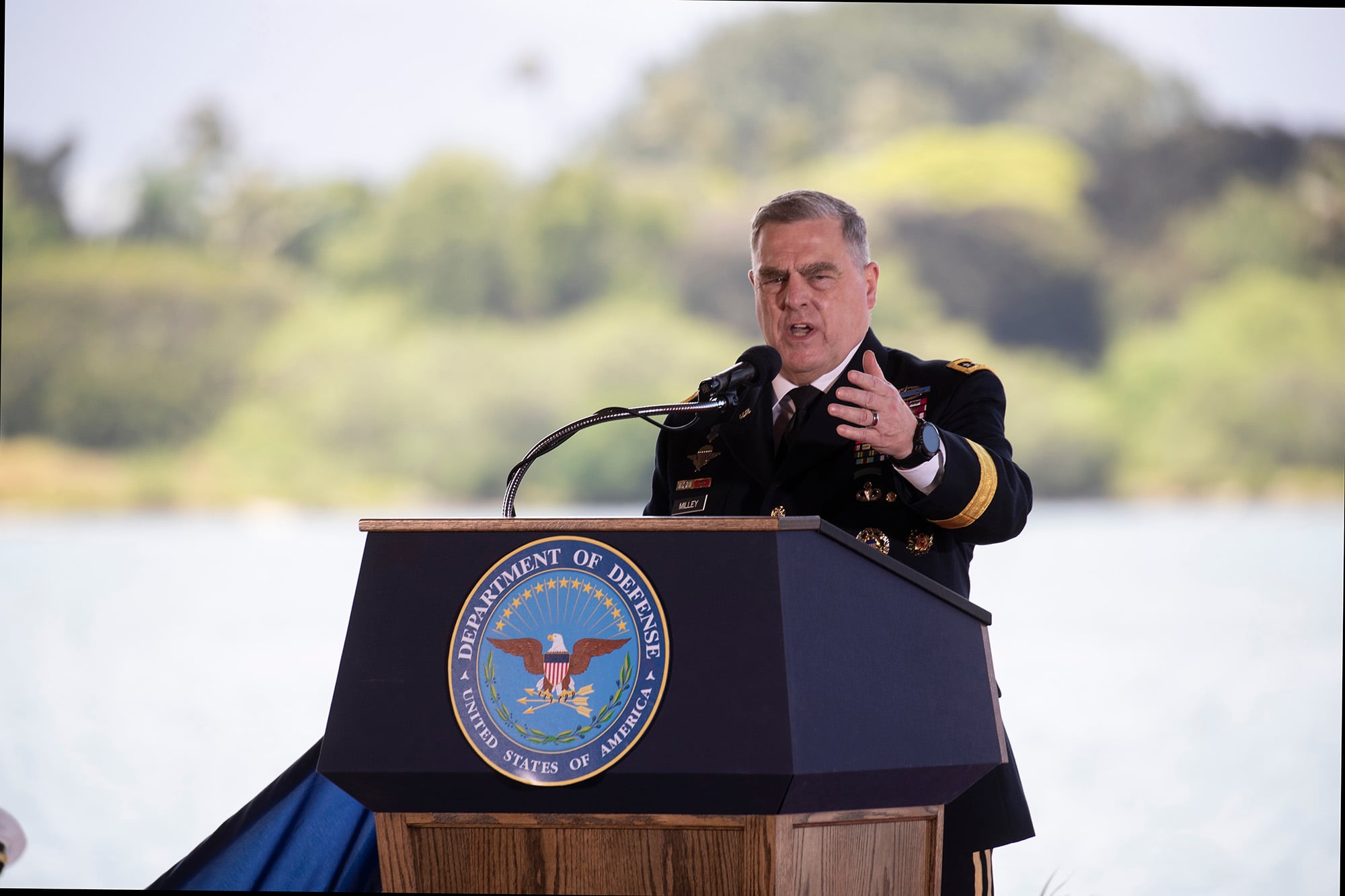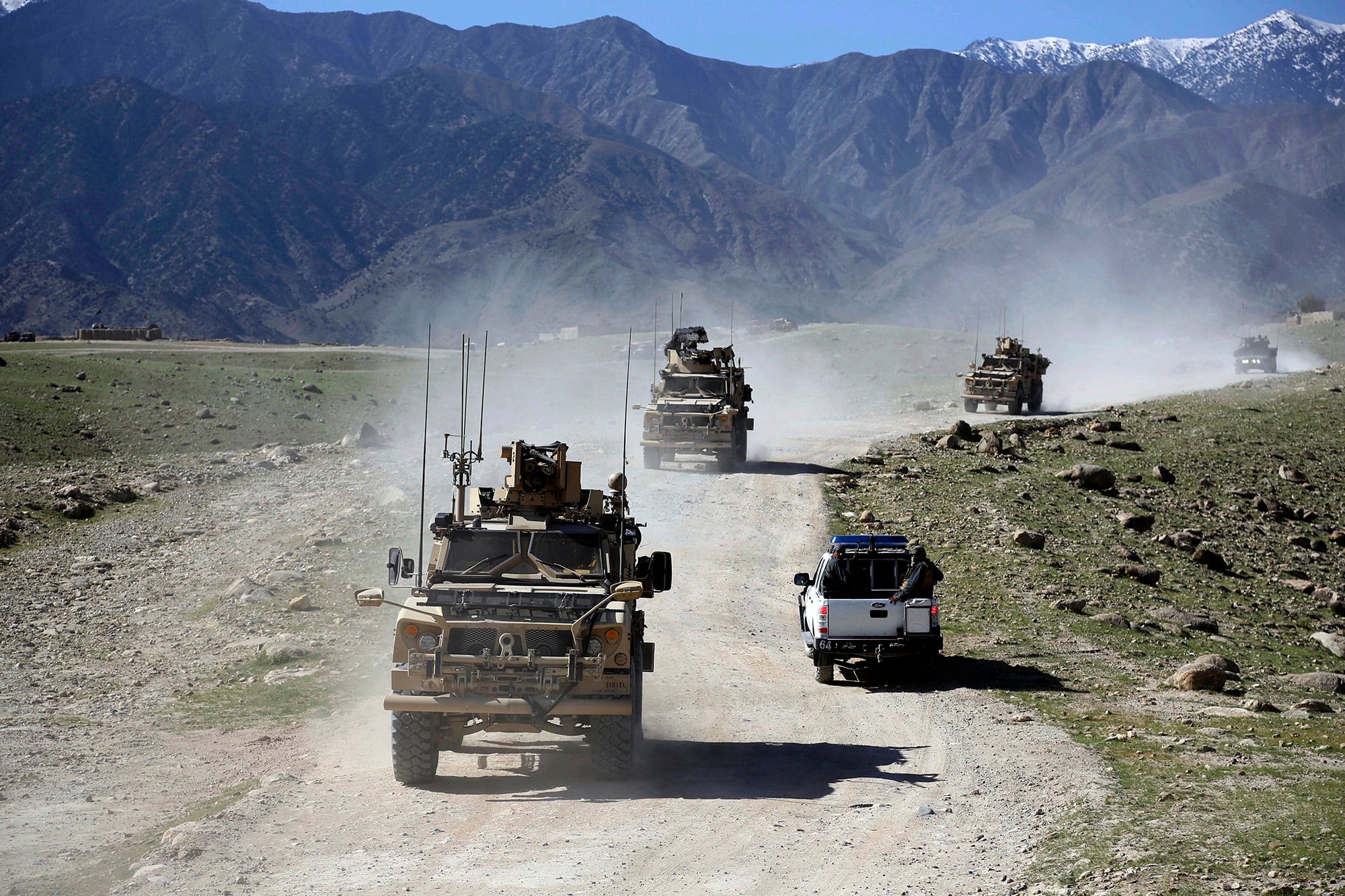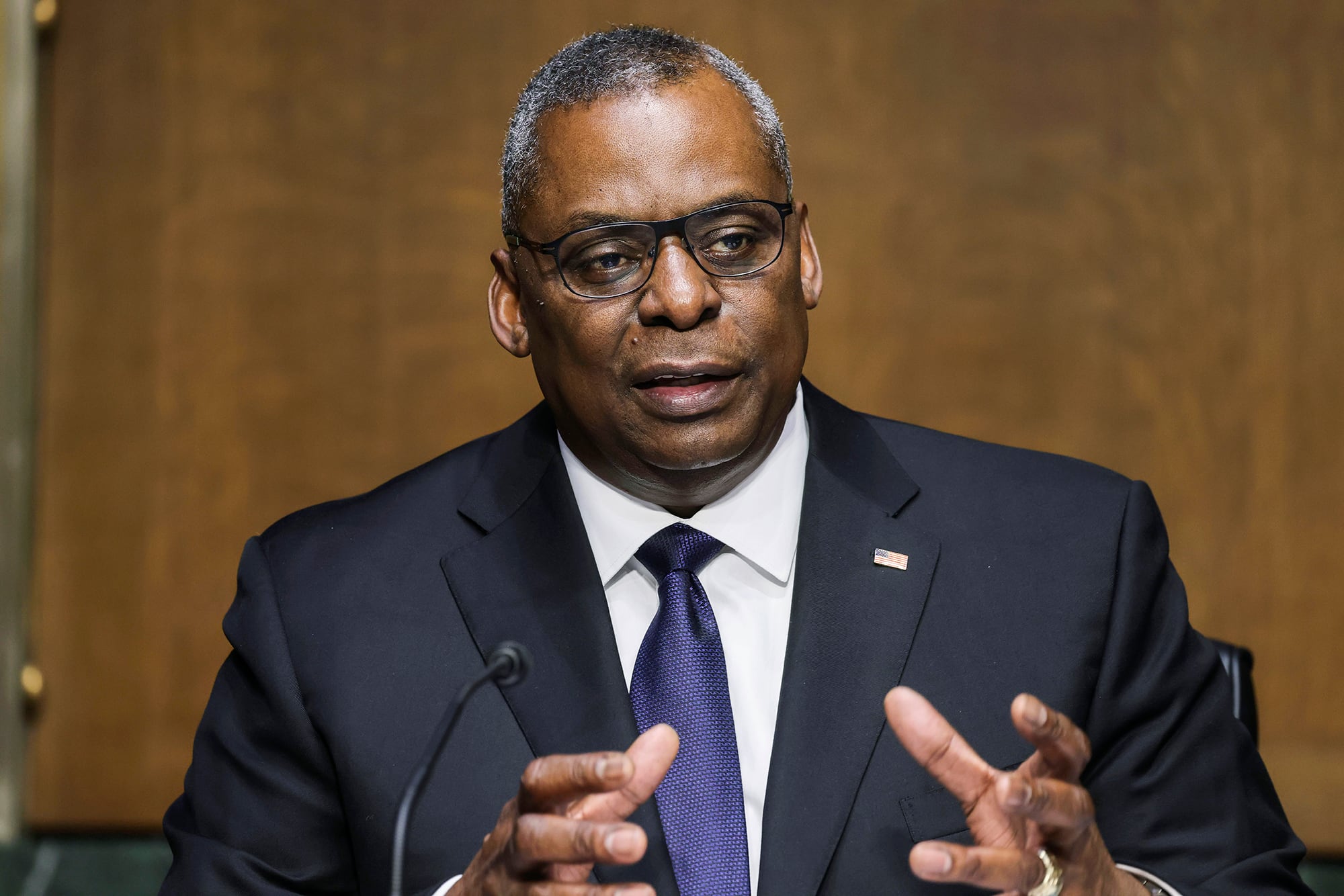WASHINGTON — An extremist group like al-Qaida may be able to regenerate in Afghanistan and pose a threat to the U.S. homeland within two years of the American military’s withdrawal from the country, the Pentagon’s top leaders said Thursday.
It was the most specific public forecast of the prospects for a renewed international terrorist threat from Afghanistan since President Joe Biden announced in April that all U.S. troops would withdraw by Sept. 11.
At a Senate Appropriations Committee hearing, Sen. Lindsey Graham, R-S.C., asked Defense Secretary Lloyd Austin and Gen. Mark Milley whether they rated the likelihood of a regeneration of al-Qaida or the Islamic State group in Afghanistan as small, medium or large.
RELATED

“I would assess it as medium,” Austin replied. “I would also say, senator, that it would take possibly two years for them to develop that capability.”
Milley, the chairman of the Joint Chiefs of Staff and a veteran of the war in Afghanistan, said he agreed.
“I think that if certain other things happen — if there was a collapse of the government or the dissolution of the Afghan security forces — that risk would obviously increase, but right now I would say ‘medium’ and about two years or so,” Milley said.

The U.S. invaded Afghanistan after the Sept. 11, 2001, terror attacks on America, when the Taliban allowed al-Qaida safe haven in the country. The key goal of U.S and coalition troops in Afghanistan since then has been to prevent a resurgence and another attack against America or other allies.
Military leaders have consistently said that combat operations in Afghanistan have greatly reduced the number of al-Qaida there. But they say that both al-Qaida and ISIS continue to aspire to attack America.
RELATED

The Pentagon has said the U.S. withdrawal after nearly 20 years in Afghanistan is a little more than half completed, and U.S.-led coalition partners also are leaving.
